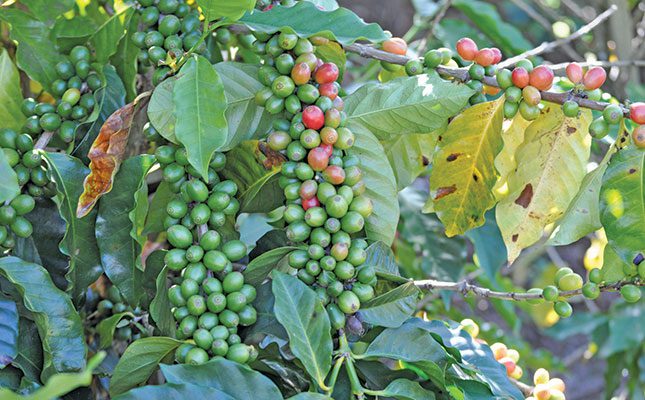
This was especially relevant in sectors with strong ties to the US market, including beef, orange juice, and coffee, the Associated Press (AP) reported.
Farmers feared that the import tax would place further pressure on small-scale coffee farmers’ margins, which would exacerbate the uncertainty generated by the increasingly dry and unpredictable climate in that country.
According to the AP, the tariff imposed on Brazil by US President Donald Trump’s administration was overtly political.
“In his public letter detailing the reasons for the hike, the US president called the trial of his ally, former [Brazilian] president Jair Bolsonaro, a ‘witch hunt’.
“Bolsonaro is accused of masterminding a coup to overturn his 2022 election loss to left-leaning President Luiz Inácio Lula da Silva,” the report said.
Speaking at a media conference at the end of July, Márcio Ferreira, president of Cecafé, the Brazilian exporters’ council, said the country was the world’s largest coffee producer and exported about 85% of its total production.
Currently, the US was the largest coffee importer at approximately 16% of all exports, he added.
However, Ferreira told journalists he believed the US would continue importing Brazilian coffee, “even with the hefty tariff”.
Despite this, Leandro Gilio, a professor of global agribusiness at Insper business school in Sao Paulo, said the tariff would reduce Brazilian coffee’s competitiveness in the US, which would “naturally reduce demand”.
“There’s no way we can quickly redirect our coffee production to other markets. This principally affects small producers, who have less financial power to make investments or support themselves in a period like this,” Gilio added.
According to the AP, two-thirds of Brazilian coffee was produced by family farmers, with the majority located in the north-western region of the state of Rio de Janeiro, the centre of coffee production in that country.
“Coffee farming is the primary economic activity in these municipalities. In Porciúncula, which neighbours Brazil’s largest coffee-producing state, Minas Gerais, [the] mountains are layered with symmetrical lines of coffee shrubs,” the report said.
By July, the price of arabica coffee beans had fallen 33% after peaking in February, according to commodity price reports released by the University of Sao Paulo’s Center for Advanced Studies on Applied Economics.
Get trusted farming news from Farmers Weekly in Google Top Stories.
➕ Add Farmers Weekly to Google ✔ Takes 10 seconds · ✔ Remove anytime






